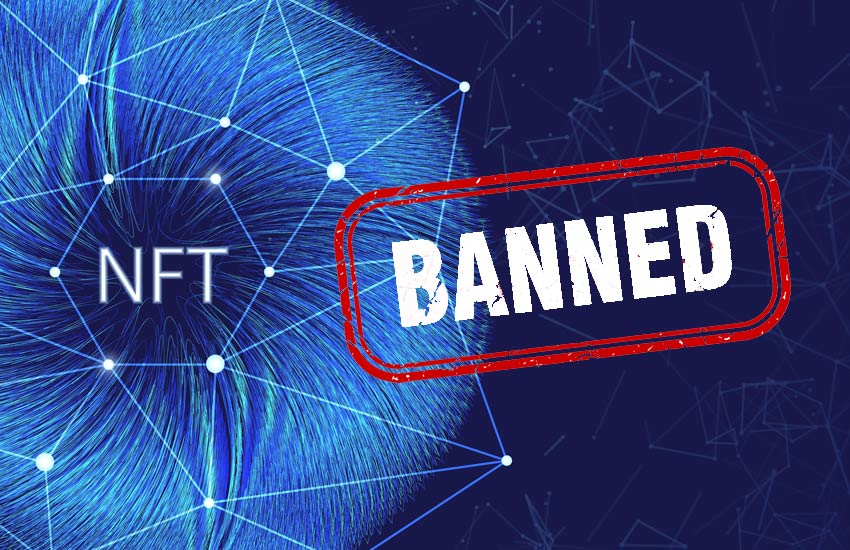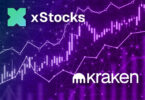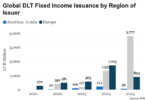The Thai Securities and Exchange Commission (SEC) Board has imposed new digital asset market regulations that prohibit digital asset exchanges from trading non-fungible tokens (NFTs). Meme-like tokens such as Dogecoin and Fan-tokens are also be banned from trading on digital asset exchanges. Thailand’s new rules will cover everything from sports collectibles to NFTs representing rights in a physical luxury item such as a watch or even real estate.
According to the Bangkok Post, the regulation came into place amid reports claiming business group Jay Mart was to launch the first NFTs aiming to promote the ecosystem around their very own digital coin JFin.
The SEC did not provide any specific reason for the ban. Some potential grounds are the recurring scams relating to digital assets. As these assets became more popular, there have been more opportunities for scammers to successfully sell different NFTs or fan-tokens than the ones advertised.
Article continues …

Want the full story? Pro subscribers get complete articles, exclusive industry analysis, and early access to legislative updates that keep you ahead of the competition. Join the professionals who are choosing deeper insights over surface level news.






